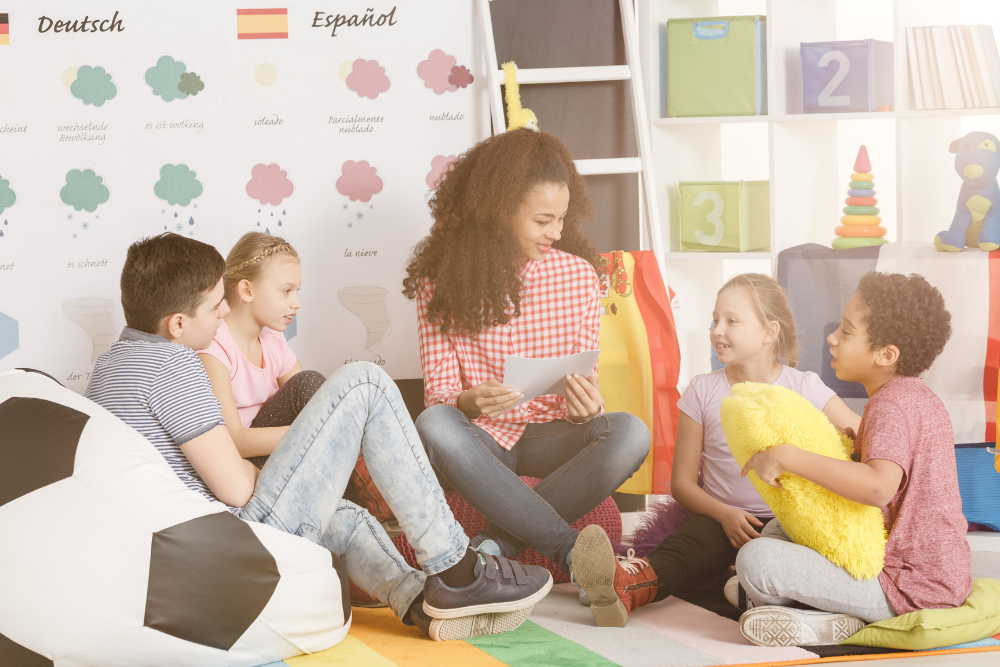
In today’s interconnected world, learning another language is not just a valuable skill but a necessity. Montessori schools, known for their unique child-centered approach, recognize the importance of multilingualism in developing well-rounded, globally aware individuals. From an early age, students are encouraged to learn another language, fostering both cognitive and cultural growth. Let’s explore why this emphasis on language learning is an integral part of the Montessori education system at your local private school.
Enhance Brain Function
One of the primary reasons for promoting language learning in Montessori schools is the cognitive benefits associated with being bilingual or multilingual. Studies have shown that learning another language enhances brain function, improving skills such as problem-solving, multitasking, and creativity. Our classrooms, characterized by their hands-on, experiential learning environment, provide the ideal setting for language acquisition, allowing young learners to naturally absorb and practice new languages through interactive and meaningful activities.
Gain Cultural Awareness
Moreover, this type of education prioritizes cultural awareness and global citizenship. By learning another language, students gain insight into different cultures, traditions, and perspectives, fostering empathy and understanding. This emphasis aligns perfectly with the Montessori philosophy of educating the whole child and preparing them to navigate a diverse world. Given that, according to Forbes, 82% of the 168 freestanding public Montessori schools opened between 2000 and 2015 were public charter institutions, it is evident that the Montessori model’s focus on multilingualism is widely valued in both public and private educational settings.
Allow Exploration
Additionally, this method’s individualized learning approach supports language acquisition at each child’s own pace. This flexibility ensures that students develop a genuine interest and passion for learning another language, free from the pressures of a rigid curriculum. Our educators create a supportive and engaging environment that encourages children to explore new languages naturally and joyfully, which significantly enhances their language proficiency and retention.
The emphasis on learning another language in Montessori schools stems from a commitment to holistic education and global readiness. By recognizing the cognitive, cultural, and educational benefits of multilingualism, our school cultivates students who are not only academically competent but also culturally sensitive and globally engaged. This forward-thinking approach equips children with the skills they need to thrive in a diverse and interconnected world. If you’re looking for a local private school for your child, get in touch with us today at Rowntree Montessori Schools!
